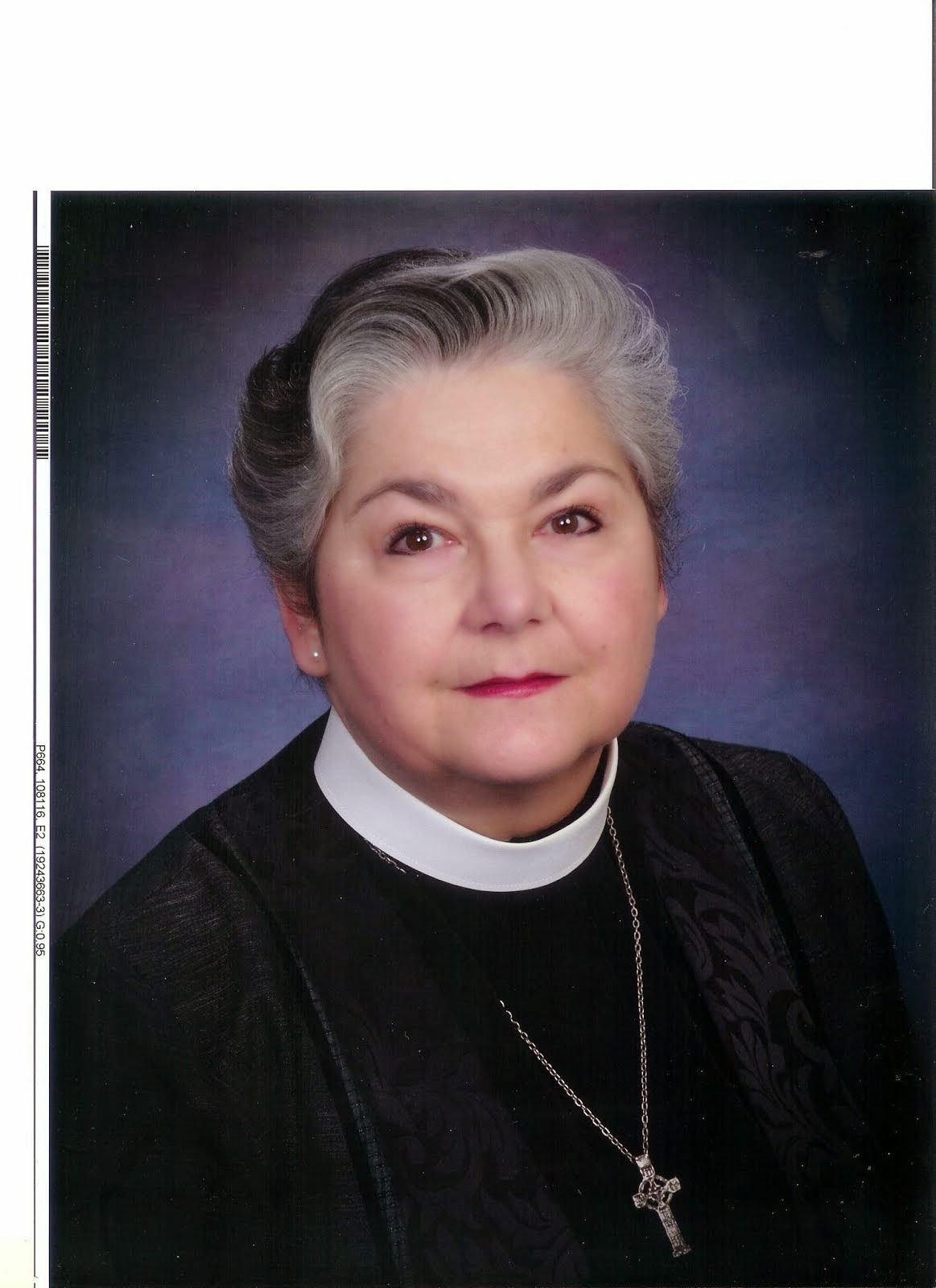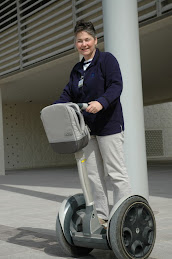Well, we’re
only three chapters into the Gospel of Mark and we’re already slapped upside
the head with the high-risk, no-holds-barred radical nature of Jesus’ ministry.
His relatives think he’s crazy and they’ve come to restrain him. The local
religious leaders show up and say that he’s possessed by the devil. Then he
spits on their theological pronouncements with a difficult parable about a home
invasion that says, in essence, I’m the only one strong enough to conquer the
devil. And his family once again reaches out, trying to protect him from himself,
because in their eyes, this is all crazy talk. Reads sort of like Tennessee
Williams, doesn’t it?
Meanwhile,
the crowd who came to hear him teach and preach is watching and listening and
not saying very much. They have good reason to keep their mouths shut. They’ve
come to hear Jesus because they are living in a world of pain, a world of
oppression and a world that offers no justice or mercy. They have heard he’s
got something to say about that. They are desperate people in desperate times,
and they hunger for the words of this itinerant preacher. His relatives know
that his words are likely to get him killed, and they think they need to
protect him, but he turns them away and turns toward the distraught crowd.
A
crowd was sitting around him; and they said to him, “Your mother and your
brothers and sisters are outside, asking for you.” And he replied, “Who are my
mother and my brothers?” And looking at those who sat around him, he said,
“Here are my mother and my brothers! Whoever does the will of God is my brother
and sister and mother.”
Well, not so
silent after all. At least they pass along the message. And he turns it around.
Now this is
one of those passages that really chafes. His beloved mother, his dear brothers,
all dismissed. “Whoever does the will of God is my brother and sister and
mother.”
Sounds like
he’s angry at them, rejecting their claim on him, rejecting their attempts to
protect him from himself. His family is trying to quarantine him by saying he’s
mentally ill, the scribes are trying to quarantine him by saying that he is possessed
by the devil, but he will not be locked into a quarantine cell of silence.
Instead, he
refuses the protection of those labels. He embraces those who want to be freed
from labels like “troublemakers” or “violators of Torah” or “those stupid
Hebrews whom we wring our taxes from.” He embraces those who just can’t stand
the status quo anymore, because he is there to tell them that the status quo
cannot stand, that it is of the devil, that it is of a broken world, that it is
of worldly tyranny. He loves them, and he names them as family, these wounded
hurting people.
Only three
chapters into the Gospel of Mark, and he’s said “it’s time to turn the world
upside down.” No wonder the scribes are nervous. No wonder his family fears for
him. No wonder that this all will eventually lead to his death. He knows what
the cost will be for him, but it’s early enough in the story that not everyone
gets it.
Now I know
there’s a temptation to hear this brief passage and imagine Jesus as a divine
Bruce Willis yelling “Yippee-Ki-Ay, you jerks.” With a semiautomatic weapon in
his hand. Smashing the bad guys. But there is no weapon except words. There are
no bullets except truth. This is not necessarily about Jesus’ divine power, but
about Jesus’ ….
…love.
Love…that’s
not the word you were expecting to hear me say, right?
And yet this
Gospel teaches us something about love.
Here’s what I’d
like you to do: listen to those words about dismissing his family, who really
does love and worry about him, in a different way. Imagine this is not the
exclusion of family but the growing of family.
To set the
stage for hearing those words that way, let me share a story.
My parents
were married after their military service in World War II. They tried to have a
child but it was not to be. Through a strange and wonderful series of
circumstances, they were able to adopt me when I was four months old. They were
not perfect parents. My mother was tough as nails. My father was a distant and
troubled alcoholic. And yet they loved me and cared for me. I never had an urge
to search for my birth parents. In fact, I felt special – I had been chosen.
They had to work to get me.
Years later,
when I was raising my own family, one of my sons had a medical problem that
might have been genetic in nature. It was something that was not present in his
father’s family. So I decided that it was time to try and find out something
about my genetic history through my birth mother. I knew her name and I knew
the agency through which I was adopted. So I reached out to her through that
agency. The social worker was able to be in contact with her, and told her that
I was simply looking for family medical history. She did not want contact with
me, which was fine – I didn’t need another mother, and I guessed her story was
one of pain and loss and sadness. She passed along some information that was
helpful, and that was that.
I found
myself reflecting with gratitude on what she had given me – birth – and what my
adoptive parents had given me – life. A life. A grounding, an identity, love,
an education. Values. Recipes. Traditions. Stories. A life.
 |
| Ezra Pound, Venice, 1963 |
And then,
many years later, I saw a quotation from the poet Ezra Pound, from one of his
Cantos, that summed up my story in a single line: “What thou lovest well is thy
true heritage.”
And I think,
in a strange way, that it sums up what Jesus is doing in this gospel reading as
well. His birth heritage – who was his biological mother and brothers –
mattered in that moment and in his ministry less than who was his prospective
family – the world he had been sent to save. His past, while somewhat relevant
to define him in the eyes of the broken world, was not as important as his
future and our future, even though his was a future that would end in his
physical death. Our future, our present, was what he loved well. Yes, he loved
his biological family. But instead of turning inward in his love to be isolated
and safe within that small group, he chose to expand his view of love and
heritage to all of us. In fact, his love was so all-encompassing that we all
have become a part of his heritage…
…something we
affirm when we recognize that heritage in our baptisms. When we are anointed
with holy chrism, holy oil, marked as Christ’s own forever. When we all say “we
receive you into the household of God.”
We choose our
heritage in baptism, because Christ has already chosen us as HIS heritage. Not
just our immediate circle of family and friends, but also our family of love in
Christ.
And just like
families, particularly those families that we have chosen and been chosen by,
it’s not always easy. Jesus certainly understood that. But the gift of this
heritage of love is that it is always turned outward to that larger family of
all humankind, of all of God’s creation.
That’s not to
say that heritage doesn’t matter in our day to day lives.
You know our
reality: when someone asks you about family here in the South, they’ll often
phrase it “Who are your people?” They want to know who your mamma was, are you
related to those Smiths that used to go to St Paul’s, didn’t your daddy go to
St. Christopher’s?
But we know
that the more important question, the heart of it, is “What is your true
heritage?”
Ezra Pound,
that crazy old expat poet, would say that it is that which we love.
But you know
the answer too.
It’s who you
love.
It’s how you
love.
It’s why you
love…because Jesus did first. And it’s why you will continue to love, because
Jesus never stops loving us.
Amen.






